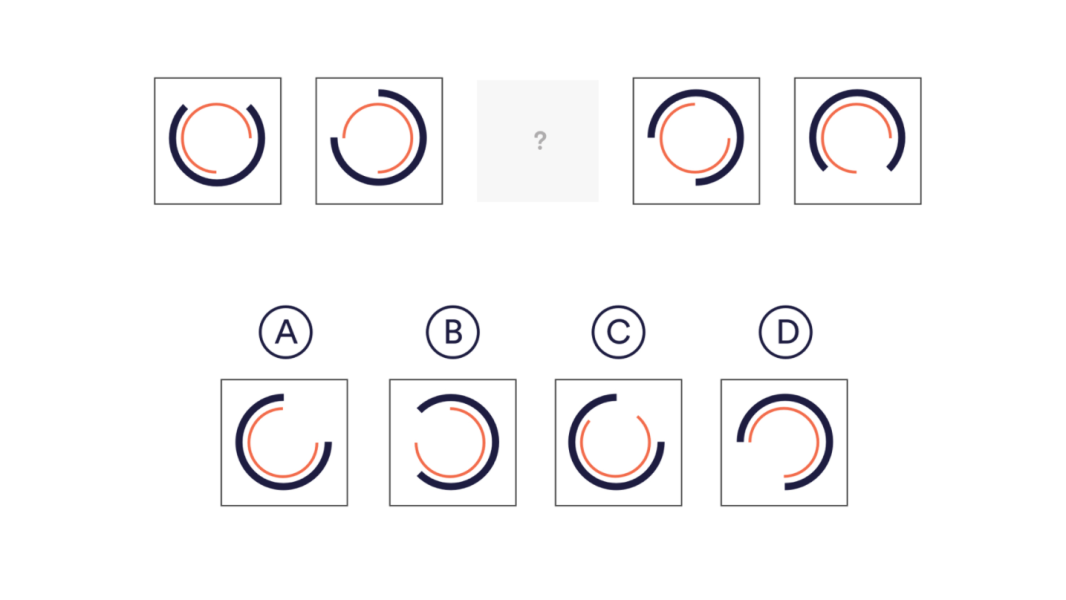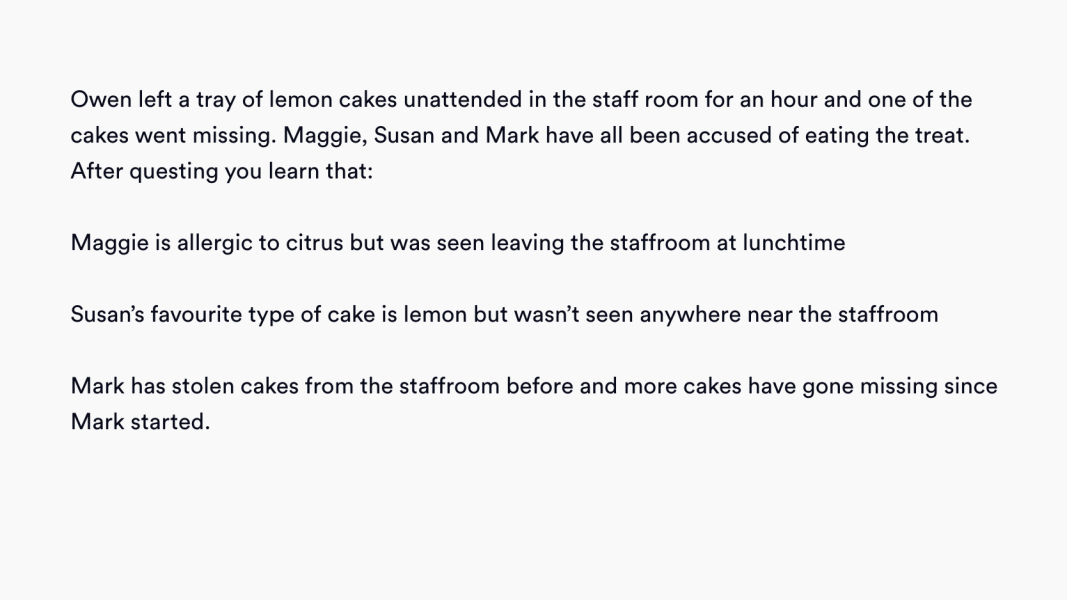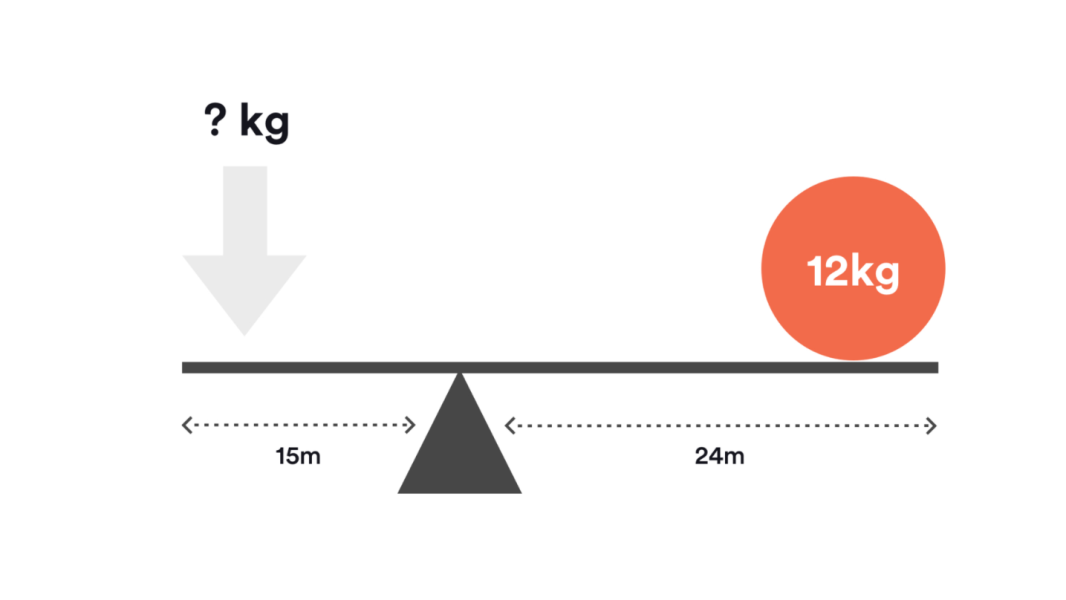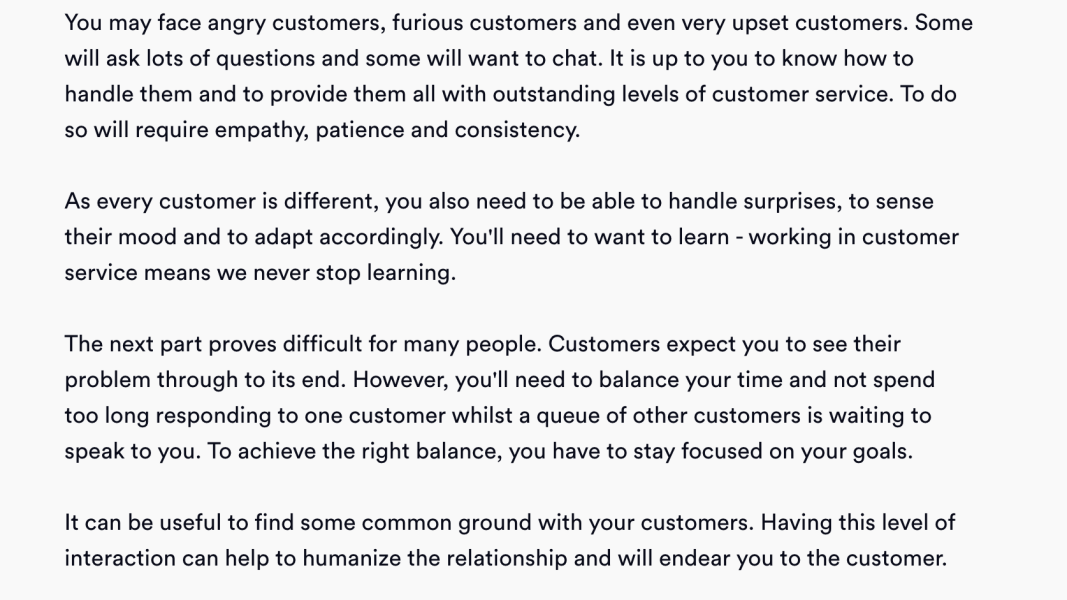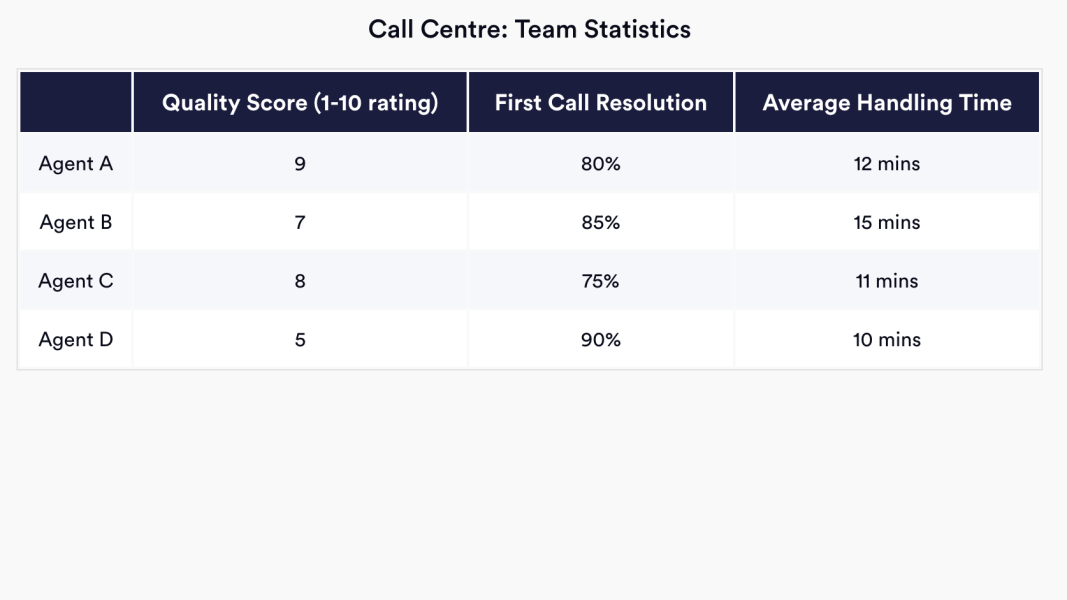What is the SHL test?
The SHL assessment is a multiple-choice psychometric test focused on helping employers asses a particular set of skills for prospective job applicants.
If you’ve been invited to take an SHL test by an prospective employers your assessment may include the following:
SHL cognitive assessments
- SHL General Ability Test (Verify G+)
- SHL Numerical Reasoning Test
- SHL Inductive Reasoning Test
- SHL Deductive Reasoning Test
- SHL Verbal Reasoning Test
- SHL Mechanical Comprehension Test
- SHL Checking Test
- SHL Verify Calculation Test
SHL behavioural assessments
- Realistic Job Previews
- Situational judgement test
- Universal competency framework
SHL personality assessments
- SHL MQ Motivational Questionnaire
- SHL OPQ Personality Questionnaire
- SHL RemoteWorkQ (RWQ)
SHL skills assessments and job simulations
- Coding simulations
- Language skills
- Technical skills
- Job specific simulations
The type of test you will face will typically be related to the job you’ve applied for and the skills needed to be successful in that role. Each assessment ranges in difficulty and will identify your strengths and weaknesses in a variety of areas.
SHL devises its psychometric tests with occupational psychologists using scientific methodology, based on the aggregation of assessment and workplace data provided by employers. This allows them to target characteristics correlated with high work performance.
Which employers use SHL tests?
Over 75% of FTSE 100 companies and almost half of Fortune Global 500 organisations use SHL in their hiring process, so its highly likely you’ll encounter this assessment if you’re applying for a top employer. SHL publishes its tests in over 30 languages and is perhaps the most recognised assessment publisher globally.
SHL assessments aid employers in identifying candidates with high potential, across a variety of industries and experience levels.Because of its ability to offer valuable insights into a candidate’s personality and their skills – companies will use this data to provide a more effective way of shortlisting potential employees.
The different types of SHL aptitude tests and how they work
You’ll often be notified via email by your prospective employer that you are required to sit the SHL aptitude exam online. Typically you’ll have up to 10 days to complete it.
The link will take you to an online platform where you can sit the SHL exam. You’ll be able to take a few practice test questions to help you familiarise yourself with the interface and format. You should ensure you’re taking the test in a comfortable working environment, with minimum distractions. It’s also important to note that the test is timed.
Each test evaluates different skills and the question styles are different - we’ve outlined what to expect on each test below to help you prepare.
SHL general ability tests
The SHL general ability assessment combine numerical, inductive and deductive test questions. These style of questions assess your ability to problem-solve using numerical data as well as make logical reasoning decisions.
The exam comes in two different versions:
- SHL Verify Interactive (G+): 36 minutes with 24 questions
- SHL General Ability Non-Interactive: 36 minutes with 30 questions
The two main differences is that the SHL Verify Interactive exam is interactive (with drag and drop features on questions) and the questions become harder when you answer correctly and easier when you answer incorrectly (known as adaptive questioning).
SHL numerical reasoning tests
SHL numerical reasoning tests require a candidate to solve realistic numerical problems, aligned to the company’s role specifications. To pass a numerical reasoning test, you must be able to understand and work with graphical, statistical, and financial data.
Example numerical question:
What was the average absolute percentage change in the value of the USD vs the CHF from 2020 to 2022 and 2024 to 2025?
- A) 13%
- B) 15%
- C) 21%
- D) 16%
- E) 27%
Solution: Calculate the % change in the value of the USD between the two periods:
(1.60 - 1.32) ÷ 1.32 = - 21.21%
(1.54 - 1.61) ÷ 1.61 = + 4.35%
Average % change = (21.21 + 4.35) ÷ 2 = 12.78%, so the answer is A).
SHL inductive reasoning tests
Inductive reasoning questions require you to identify similarities and underlying patterns between shapes and figures. For example, you may be presented with a series of shapes and you will have to choose which image will come next, based on reasonable probability.
Example inductive question:
Complete the sequence:
- A
- B
- C
- D
Solution: The outer circle is turning in an anti-clockwise direction and the inner circle is rotating 90 degrees in a clockwise direction. So B) is correct.
SHL deductive reasoning tests
Deductive reasoning questions require you to complete scenarios based on incomplete information. These tests assess both your ability to choose the right answer and how quickly you do it.
Example deductive question:
Question: Who can you infer is most likely to have taken the lemon cake?
- A) Maggie
- B) Susan
- C) Mark
Solution: Given what we have learned, it is reasonable to assume that Mark is the culprit. The facts about Maggie and Susan might help in forming a deductive argument, however, in this context they are inconsequential. Mark’s pattern of behaviour suggests he is guilty. So C) is correct.
SHL verbal reasoning tests
SHL verbal reasoning tests assess your ability to comprehend passages of text using logical deduction skills. They typically provide a candidate with written information to digest and draw conclusions from. You will have to choose an option between ‘true’, ‘false’, or ‘cannot say’, based on the text.
Example verbal question:
Statement: ‘Don’t just buy art for the sake of it’ is the message given by most antique experts.
- A) True
- B) False
- C) Cannot Tell
Solution: True – this is the “overriding advice” of “most” experts. So A) is correct.
SHL mechanical reasoning tests
You will most likely encounter mechanical reasoning tests when applying for specialised skilled jobs that require an understanding of mechanical concepts. These SHL style questions evaluate an individual’s mechanical and electronic knowledge through a series of multiple-choice answers. Be prepared to brush up on revision topics such as levers, pulleys, tools, gears, electric circuits, and more.
Example mechanical question:
What force needs to be applied to the lever to lift the weight?
- A) 18.8kg
- B) 19.0kg
- C) 19.2kg
- D) 19.4kg
Solution: The formula to calculate the force required to lift a weight using a lever is:
w x d1 = f x d2
w = weight d1 = distance from fulcrum to weight f = force needed to lift the weight d2 = distance from the fulcrum to the point where force is applied
If we plug what we can see from the diagram into the formula we are left with the following equation:
12 x 24 = ? x 15 288 = ? x 15 288 / 15 = 19.2
So C) is correct.
SHL reading comprehension tests
Similar to verbal reasoning tests, reading comprehension tests take notice of the time it takes a candidate to read and understand a text. The test will present you with a written paragraph related to the job role you’re applying for and will ask you multiple-choice questions to determine your level of comprehension skills.
Example reading comprehension question:
Statement: To try and get your customer to like you more, you are advised to:
- A) Ask them about their family
- B) Spend as long as you can dealing with their issue
- C) Achieve as many of your own goals as you can
- D) Find something you might have in common with them
Solution: Whilst answers A) to C) all seem fairly sensible, only answer D) is provided as an instruction in the final paragraph…’It can be useful to find some common ground with your customers. Having this level of interaction can help to humanize the relationship and will endear you to the customer.’
Being endeared to the customer means they will like you more and finding some common ground is the same as finding something you have in common with them.
SHL Verify Calculation Test
Calculation tests feature mathematical questions assessing your ability to sum, subtract, divide and multiply numbers quickly and correctly. The main difficulty is doing it promptly — learning a few tricks to solve mathematical problems faster is key to acing these tests.
Example calculation question:
Which Agent had the highest First Call Resolution?
- A) Agent A
- B) Agent B
- C) Agent C
- D) Agent D
Solution: This question simply requires you to look across the four Agents’ First Call Resolution figures and to select the highest, which is D).
SHL OPQ Personality Questionnaire
The SHL OPQ is a personality questionnaire that aims to identify your working preferences and compares them directly to your employers requirements.
Candidates are provided with some simple questions about work ethic, preferred working environments and behaviours. The answers to these questions provide your prospective employer with a personality profile that shows candidate fit, potential, and developmental gaps.
Although there are no right or wrong answers - you should try to answer these questions strategically by understanding the companies culture and core values.
SHL MQ Motivational Questionnaire
The SHL MQM5 is a motivational questionnaire that helps employers identify your key drives and motivations that can help determine cultural fit and job suitability.
The motivational questionnaire measures 18 motivational traits, and provides a comprehensive understanding of those situations which increase and reduce your motivation.
SHL RemoteWorkQ (RWQ)
The SHL remote work assessment is a 10 minute questionnaire that helps employers assess your ability to work remotely - assessing skills like your work habits and self-motivation.
SHL situational judgement test
When dealing with different workplace scenarios is your future new role, you’re likely to encounter difficult situations you’ll need to resolve. SHL situational judgement questions assess your ability to respond to scenarios related to your profession that are in-line with your employers core values
Questions require you to rank your “most likely” and “least likely” response.
SHL skills assessments and job simulations
For certain roles, employers may include specific skill-based or job simulation assessments to make even more accurate hiring decisions. The following tests describe what roles may include these additional exams and what to expect.
SHL Language Skills
For SHL language exams you will assessed on your pronunciation, fluency, active listening, grammar, vocabulary, and comprehension through an Interactive Voice Response System (IVR).
SHL support global accents and languages like English, French, and Spanish.
SHL Technical Skills
For technical roles which involve specialist knowledge in areas like Cloud Engineering, Data Engineering, DevOps, Data Science and Machine Learning you are likely to be given a technical skills assessment. It is advised you read the job specification and focus on key areas that you might be tested on.
SHL Job Simulations
Coding, business skills and contact centre simulations are a few of the many job simulation assessments you might be given to examine your level of skills.
SHL Personnel Test Battery
Personnel Test Battery (or PTB) is a specific set of aptitude tests used by companies hiring administrative or clerical staff. They’re adaptable to the employer’s specific needs, which makes them ideal to assess both a candidate’s ability to take on the role and what their talents are best suited for.
PTB includes verbal reasoning tests, numerical reasoning tests and clerical checking tests. While the first two are typical of psychometric tests, clerical tests aim to assess a candidate’s ability to understand and process numbers and correspondence, as well as proofreading, data checking, and handling multiple sources of information and filing them correctly.
SHL graduate and managerial tests
SHL graduate and managerial exams are used to assess candidates applying for jobs at managerial and graduate levels.
Although they comprise the same types of SHL tests we’ve previously covered, they use business-related verbal and numerical tasks and come in two formats:
-
Verify tests , which are completed online and typically sent via email by the employer. They are unsupervised but usually followed up with a shorter, supervised version at an assessment centre. They often include a numerical and verbal reasoning test, with the addition of an inductive, deductive, and spatial reasoning test.
-
Management and Graduate Item Bank tests , which are supervised and taken at an assessment centre.
SHL Managerial and Graduate Tests use two particular test types most often:
-
Verbal Critical Reasoning Tests. Similar to verbal reasoning tests, you will be given a written paragraph to thoroughly read and understand. Your job is to evaluate the logic of an argument present in the text, answering true, false, or cannot say questions.
-
Numerical Critical Reasoning Tests. Presented with tables and graphs, you will be asked to work with relevant data by choosing the correct answer to a multiple-choice question. To pass numerical critical reasoning tests, you must be able to understand numerical data and make decisions based on it.

